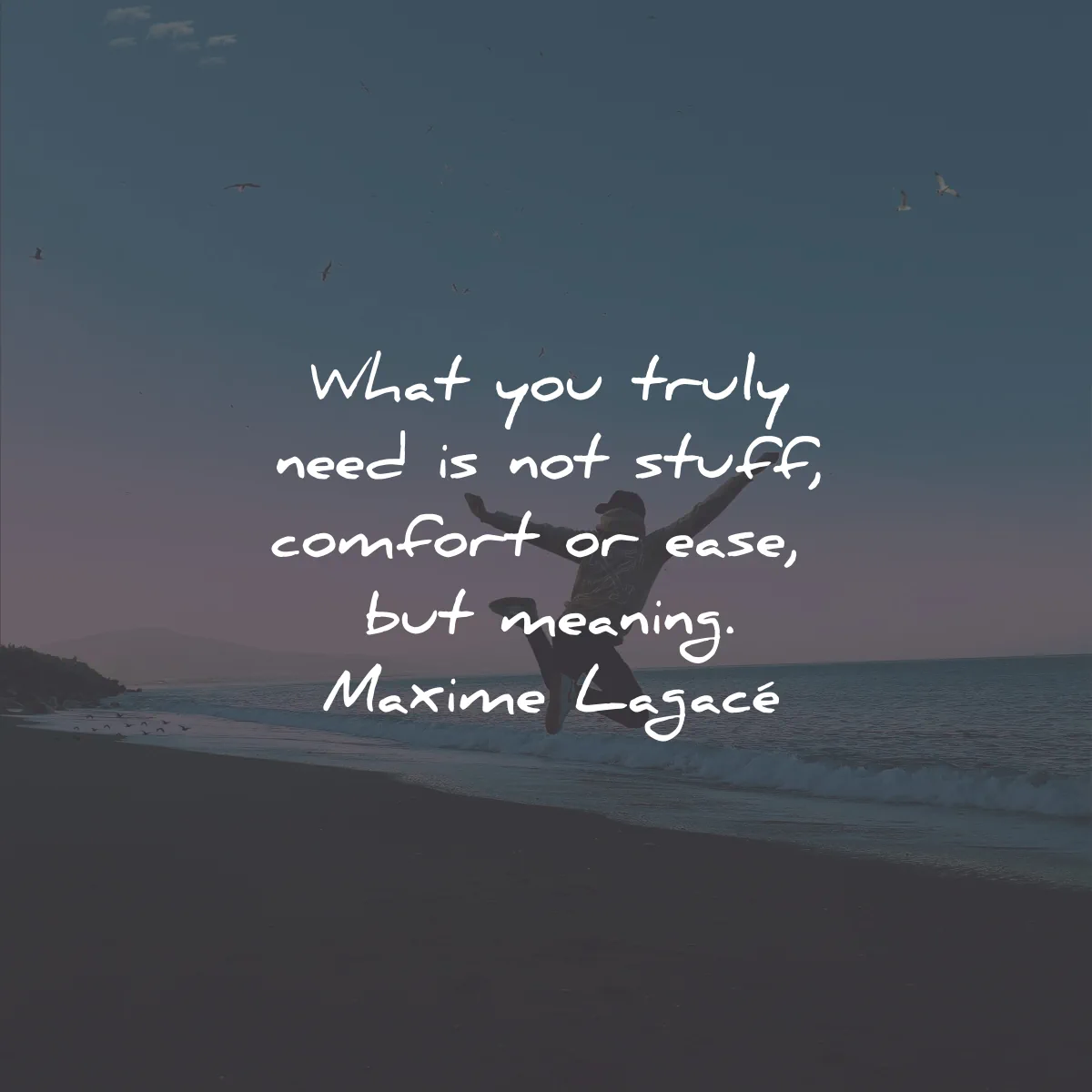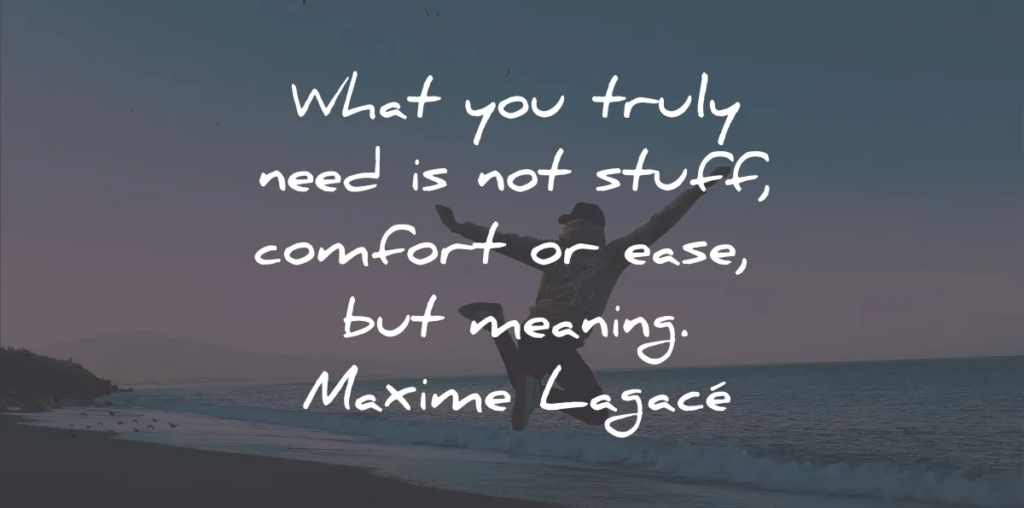Few lines in literature carry the weight and relatability of the quote, “We accept the love we think we deserve.” Penned by Stephen Chbosky in his coming-of-age novel The Perks of Being a Wallflower, this quote resonates deeply with readers across all walks of life. It captures the essence of human relationships, self-perception, and emotional acceptance. Let’s delve into what this quote means, why it matters, and how it applies to our everyday lives.
The Context of the Quote
In The Perks of Being a Wallflower, the protagonist, Charlie, is a quiet, introspective teenager navigating the complexities of high school life. The quote is introduced during a conversation between Charlie and his English teacher, Bill, a mentor figure who provides guidance through Charlie’s personal struggles. This piece of wisdom is offered as a response to Charlie’s confusion over why people remain in unhealthy or toxic relationships.
The line is a reflection on self-worth and how it shapes the kind of love we allow ourselves to receive. At its core, it suggests that our internal perception of our value dictates the quality of relationships we maintain. If we see ourselves as unworthy, we are more likely to settle for relationships that reflect this belief.
Breaking Down the Meaning
The quote can be understood on multiple levels, each of which sheds light on human behavior and emotions.
1. Self-Worth and Relationships- At its simplest, the quote emphasizes that self-esteem plays a significant role in our relationships. When someone has a strong sense of self-worth, they are more likely to seek out and accept healthy, fulfilling relationships. Conversely, individuals with low self-esteem may tolerate neglect, abuse, or indifference because they believe they deserve no better.
For example, think about someone who stays in a relationship where they are constantly belittled or ignored. To an outsider, it might seem baffling why they endure such treatment. However, their actions often stem from deeply ingrained beliefs about their worthiness of love.
2. The Cycle of Acceptance- The quote also highlights how perceptions of love can become a self-fulfilling prophecy. If someone thinks they deserve only conditional love or fleeting attention, they may unconsciously gravitate toward partners who reinforce these patterns. Over time, this creates a cycle where their belief is validated by their experiences.
3. The Role of Society and Upbringing- Our upbringing and societal influences shape our understanding of love and worth. For instance, individuals raised in environments where love was withheld or tied to performance might struggle to accept unconditional affection. Similarly, societal messages about beauty, success, and desirability can distort self-perception, leading people to undervalue themselves.
Why This Quote Matters
The significance of this quote lies in its universality. Everyone, at some point, has questioned their worthiness of love, whether it’s in the context of romantic relationships, friendships, or familial bonds. Chbosky’s words act as a mirror, prompting readers to examine their own lives and choices. This reflection becomes even more profound when shared on platforms like quotelyfe, where people connect over the vulnerability of these emotions and find comfort in knowing they’re not alone.

How It Applies to Real Life
1. Recognizing Patterns- Understanding this quote encourages introspection. It invites individuals to evaluate their relationships and identify patterns of behavior that may stem from low self-esteem. For example, do you find yourself constantly seeking validation from others? Do you tolerate mistreatment because you fear being alone?
2. Building Self-Worth- To break free from unhealthy relationship dynamics, it’s crucial to work on self-worth. This involves setting boundaries, practicing self-compassion, and challenging negative self-talk. When you believe in your inherent value, you’re more likely to demand respect and kindness from others.
3. Helping Others- The quote also has implications for how we support loved ones. If you see a friend or family member stuck in a toxic relationship, it’s essential to approach them with empathy. Rather than judging their choices, help them recognize their worth and empower them to seek better.
A Closer Look at Charlie’s Journey
Charlie’s experiences in The Perks of Being a Wallflower serve as a poignant illustration of this quote’s meaning. Throughout the novel, Charlie struggles with feelings of inadequacy and guilt stemming from past trauma. These emotions influence his relationships, including his unrequited love for Sam, a close friend who is involved with someone else.
While Charlie’s affection for Sam is genuine, his passive acceptance of her unavailability reflects his own doubts about deserving reciprocated love. It’s only through personal growth and self-discovery that Charlie begins to confront his insecurities and reimagine what love can look like.
Lessons from the Quote
1. Love Begins with the Self- One of the key takeaways from this quote is the importance of self-love. Before we can build healthy connections with others, we must cultivate a positive relationship with ourselves. This doesn’t mean arrogance or self-absorption; rather, it’s about recognizing your intrinsic worth and treating yourself with kindness.
2. Challenging Limiting Beliefs- The idea that we “accept the love we think we deserve” underscores the need to challenge limiting beliefs. If you’ve internalized messages that you’re unworthy or unlovable, it’s crucial to confront and dismantle these narratives. Therapy, journaling, and mindfulness are valuable tools for this process.
3. Redefining Love- The quote also encourages a reevaluation of what love means. True love is not about control, dependency, or perfection. It’s about mutual respect, understanding, and growth. By redefining love in these terms, we can create healthier, more fulfilling relationships.
Moving Forward
Stephen Chbosky’s quote continues to resonate because it touches on a fundamental truth: our perception of ourselves shapes our interactions with the world. While it’s not always easy to change deeply held beliefs, awareness is the first step. By recognizing our worth and striving for better, we can break free from cycles of unfulfilling relationships and embrace the love we truly deserve.
So the next time you find yourself questioning why someone accepts less than they deserve—or why you might be doing the same—remember this quote. It’s a reminder to look inward, challenge assumptions, and strive for a life filled with the love and respect we all inherently deserve.


